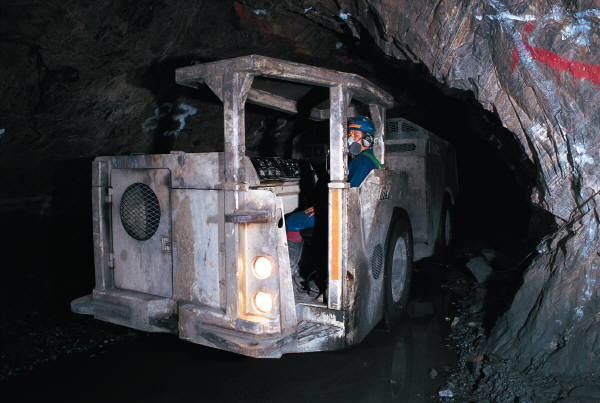As sourcing battery materials becomes more and more challenging, automakers and their suppliers are being forced to take extra precautions to ensure the integrity of their supply chains. In a global market, this means an abundance of caution and scrutiny.
For that, Volvo is turning to a chain of a different kind: blockchain.
"Traceability of raw materials used in the production of lithium ion batteries, such as cobalt, is one of the main sustainability challenges faced by car makers," says Volvo. "Volvo Cars is committed to full traceability, ensuring that customers can drive electrified Volvos knowing the material for the batteries has been sourced responsibly."
Cobalt has been at the center of growing controversy when it comes to sustainable and ethical sourcing of battery materials, to the point where some consider its necessity a strike against EVs as a future-proof means of mobility. Automakers have been increasingly vigilant when it comes to sourcing raw materials like cobalt, and the industry has come together in recent years in an effort to more stringently monitor resource supply chains.
Volvo will utilize blockchain as a check against impropriety. While monitoring the progress of raw materials through its supply chain doesn't do anything to directly impact the sustainability of cobalt's use in battery manufacturing, it safeguards against fraud, reducing the likelihood of improperly sourced materials making their way to its suppliers, and ultimately into its cars.

A typical mining operation
"We have always been committed to an ethical supply chain for our raw materials," said Martina Buchhauser, head of procurement at Volvo Cars. "With blockchain technology we can take the next step towards ensuring full traceability of our supply chain and minimising any related risks, in close collaboration with our suppliers."
The use of blockchain as a "digital ledger" may calm some fears, but the ultimate goal is a future where cobalt (and other difficult-to-source materials) are eliminated entirely.
